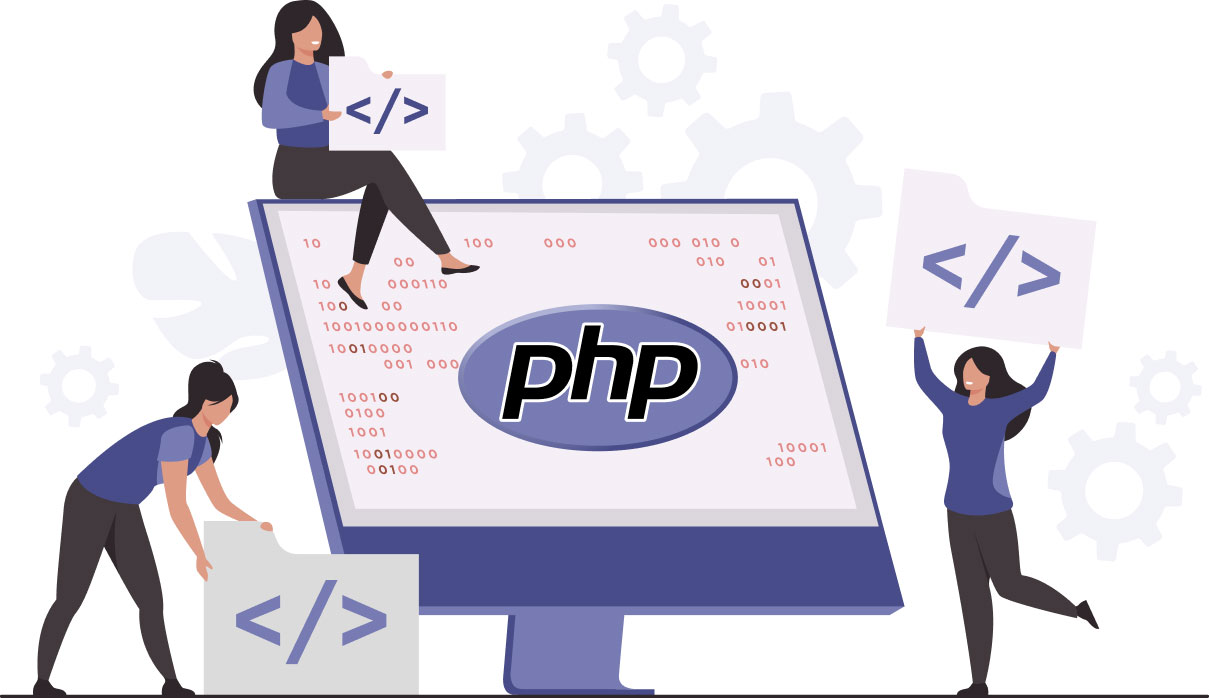Insightful Perspectives
Explore a world of engaging news and informative articles.
PHP Development: Crafting Code Like a Pro
Master PHP development with pro tips and tricks! Elevate your coding skills and build amazing web applications today.
Understanding PHP: The Essentials for Aspiring Developers
Understanding PHP is essential for aspiring developers looking to create dynamic web applications. PHP, which stands for Hypertext Preprocessor, is a widely-used server-side scripting language designed specifically for web development. Its ability to interact with databases, manage sessions, and handle forms makes it an indispensable tool in the web development landscape. To begin your journey with PHP, focus on mastering the basic syntax, data types, and control structures that form the foundation of this powerful language.
Once you have grasped the fundamentals, delve into more advanced concepts such as object-oriented programming, error handling, and security practices to enhance your PHP skills. Resources like online tutorials, coding boot camps, and community forums can significantly aid your learning process. Additionally, creating personal projects is a fantastic way to apply your knowledge practically. Ultimately, understanding PHP opens up a world of opportunities for aspiring developers, enabling them to build robust and efficient websites that meet modern web standards.

Top 10 PHP Development Best Practices for Clean Code
When it comes to PHP development, adhering to best practices ensures your code is not only clean but also maintainable and efficient. Here are the top 10 best practices to consider:
- Follow the PSR standards for consistent coding style.
- Use meaningful variable names that convey purpose.
- Implement error handling to avoid runtime issues.
- Write automated tests to ensure code reliability.
- Utilize version control systems like Git for collaboration.
- Comment thoroughly but succinctly to enhance code understandability.
- Keep your code DRY (Don't Repeat Yourself) to prevent redundancy.
- Modularize your code by using functions and classes.
- Leverage caching to improve performance.
- Always validate user inputs to enhance security.
By following these PHP development best practices, you can significantly improve the quality and readability of your code. Clean code not only facilitates teamwork but also streamlines future updates and bug fixes. Always strive to refine your coding skills and stay current with emerging trends and tools in the PHP ecosystem.
How to Debug PHP Code Effectively: Tips and Techniques
Debugging PHP code is a critical skill for developers, as it helps in identifying and fixing errors more efficiently. To start, familiarize yourself with common debugging tools such as Xdebug and PHP Debug Bar. These tools provide powerful features like stack traces and variable watchers, which can greatly simplify the process. Additionally, utilizing built-in PHP functions like error_reporting() and ini_set('display_errors', 1) can help you catch syntax and runtime errors early in the development process.
Another effective technique is implementing robust logging. By logging error messages and important application events, you can gain valuable insights into the state of your application when an issue occurs. Use the error_log() function to write logs to a file for further analysis. Moreover, consider structuring your debugging process into a systematic approach:
- Reproduce the error consistently.
- Use debugging tools to examine the code execution.
- Apply temporary fixes and test diligently.
- Refactor your code to avoid similar issues in the future.